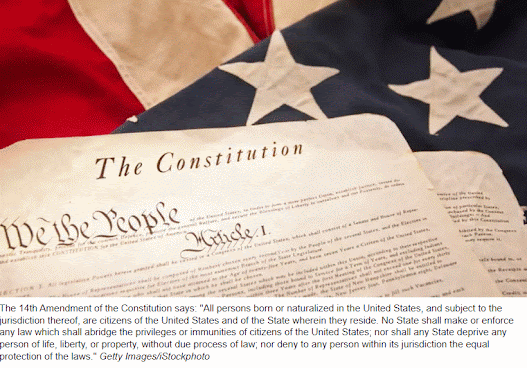at Christian Brothers University, Guest Columnist, The Tennessean, Dec. 25, 2023- Undoubtedly, most have heard that Colorado’s Supreme Court, in epoch-making case Anderson v. Griswold, barred former president Trump from appearing on the ballot in 2024.
Michigan’s Supreme Court also scrutinized Trump’s ballot dispute but diverged dramatically from Colorado’s ruling.
On what grounds was Trump barred in Colorado? Section 3 of the Fourteenth Amendment succinctly proffers, “(n)o person shall…hold any office…who…previously taken an oath…as an officer of the United States…to support the Constitution of the United States, shall have engaged in insurrection or rebellion against the same”.
There’s a lot going on in the Fourteenth Amendment that requires nuanced dissection. A myriad of legal questions arises in Trump’s case, some of which the Colorado Court grapples, some they unceremoniously shelve; a few such matters include First Amendment rights as well as state versus federal sovereignty. These are certainly important inquiries, however, most poignant is the failure of the Colorado Court to adequately determine due process. ....
... Colorado did not hold a jury trial to determine if Trump was an insurrectionist, nor provide the evidence to be used against him. Colorado did not adhere to stringent rules of evidence or procedures. And the burden of proof used against Trump was not beyond a reasonable doubt. Rules matter. Due process matters.(continue reading)
Top Stories





No comments:
Post a Comment